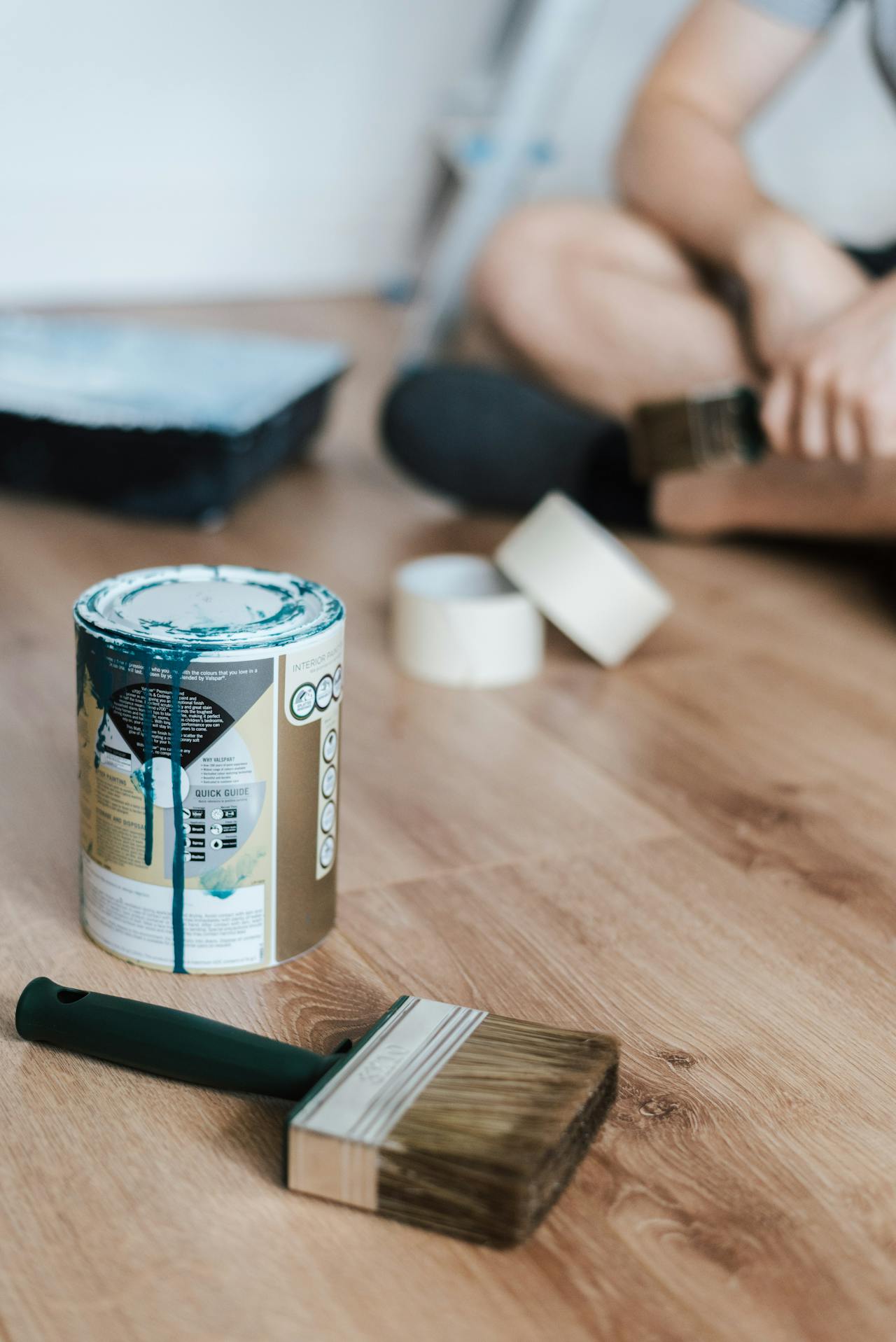Maintaining clean air ducts in your home is essential for ensuring the air quality is healthy and your HVAC system runs efficiently. While professional HVAC duct cleaning services are available, they can sometimes be expensive. This guide will walk you through a do-it-yourself approach to HVAC duct cleaning, ensuring it’s both effective and budget-friendly. Let’s start by exploring how you can tackle this task on your own and when you might need to call affordable plumbers or HVAC professionals to assist.
Understanding the Importance of Clean Air Ducts
The ductwork in your home serves a crucial role in circulating air from your heating and cooling system into each room. Over time, dust, pet dander, and other pollutants can accumulate inside the ducts, potentially leading to air quality issues and reduced system efficiency. Regular HVAC duct cleaning can help alleviate these problems, making your home healthier and more comfortable.
Tools and Materials Needed
Before you begin the cleaning process, gather the necessary tools and materials:
- Vacuum cleaner with a long hose attachment
- Furnace filter
- Brush (a toilet brush or a stiff-bristled paintbrush works well)
- Screwdriver
- Paper towels or cleaning cloths
- Mastic sealant or aluminum foil tape (optional for sealing leaks)
Step-by-Step Guide to Cleaning Your Air Ducts
Step 1: Prepare Your HVAC System
Turn off the power to your HVAC system to ensure safety during the cleaning process. This can usually be done at your circuit breaker box.
Step 2: Open Up the Ducts
Use the screwdriver to remove the air duct covers or grilles from the walls. You might need to unscrew them or simply lift them, depending on how they are attached.
Step 3: Start with the Vacuum
With your vacuum cleaner fitted with the hose attachment, start vacuuming inside the ducts as far as you can reach. This will help remove the loose dust and debris.
Step 4: Use the Brush
After vacuuming, use your brush to scrub the sides of the ducts. This helps dislodge any buildup that the vacuum couldn’t remove. Be gentle to avoid damaging the ductwork.
Step 5: Clean the Grilles and Covers
While the covers are off, wash them with warm, soapy water and dry them thoroughly. This removes any dust that has settled on them.
Step 6: Replace the Furnace Filter
A key part of HVAC duct cleaning is replacing the furnace filter. A clean filter helps trap dust before it enters the ductwork. Make sure to choose the right size and type for your system.
Step 7: Check for Leaks
While you have access to the ducts, it’s a good time to check for any leaks. If you find small holes or disconnected joints, you can use mastic sealant or aluminum foil tape to seal them. This can improve the efficiency of your system and maybe a task for affordable plumbers if you’re not comfortable doing it yourself.
Step 8: Close Everything Up
Once everything is clean and you’ve replaced the furnace filter, reattach the covers or grilles to the ducts. Make sure they are secure to prevent air leaks.
When to Call Professionals
While DIY HVAC duct cleaning can be effective for minor maintenance, there are times when you should consider hiring professionals. If your ducts are extremely dirty, or if there’s visible mold growth or a musty smell that doesn’t go away after cleaning, it’s wise to call affordable plumbers or HVAC professionals. These experts have the tools and knowledge to handle more complex issues, ensuring your system is healthy and efficient.
Professional HVAC duct cleaning might be necessary if you have allergies or respiratory issues that seem to worsen when you’re at home. These professionals can perform a more thorough cleaning and even suggest improvements to your HVAC system that can help alleviate these symptoms.
Conclusion
Cleaning your air ducts is an important part of maintaining your home’s HVAC system. It can improve air quality, increase system efficiency, and reduce your energy bills. By following the steps outlined above, you can effectively perform HVAC duct cleaning yourself. However, remember that for more serious issues or regular maintenance, calling affordable plumbers or HVAC professionals is a wise decision. Not only will this ensure that your system is functioning at its best, but it will also help maintain the longevity of your HVAC equipment.








